|
The average Australian house is now worth more than 16 years of average household income. It’s only natural that young people, those on middle and low incomes, or those with few savings are happy to take any leg up they can find.
There aren’t many good ways to hack the housing market in Australia. One of the most effective – using the “Bank of Mum and Dad” – is only an option for a select few, and likely further entrenches inequality.
But another housing hack, “rentvesting”, is now being touted as a way for Australians on average incomes to beat the odds and get onto the property ladder.
Love your inner-city lifestyle but can’t afford to buy a house there? No problem. Rentvesting advocates say all you need to do is buy a much cheaper property somewhere else – perhaps a house in the regions, or an apartment – then let it out to tenants and continue to rent wherever you really want to live.
The idea is you can trade up to your dream home later, without ever leaving your big-city base (and pay packet). But as James Graham warns, buying an investment property incurs different costs to buying a home, and every property investment comes with risks.
There’s also a risk we’re just moving the affordability problem around. It’s all well and good to buy regional property on a city salary. But in the short term, doing so can push local first home buyers – who might be on lower wages – out of the market.
The perennial problem in Australia, Graham writes, is supply. The best housing hack for the country is to build more houses.
|

|
Matthew Hall
Deputy Business & Economy Editor
|
|
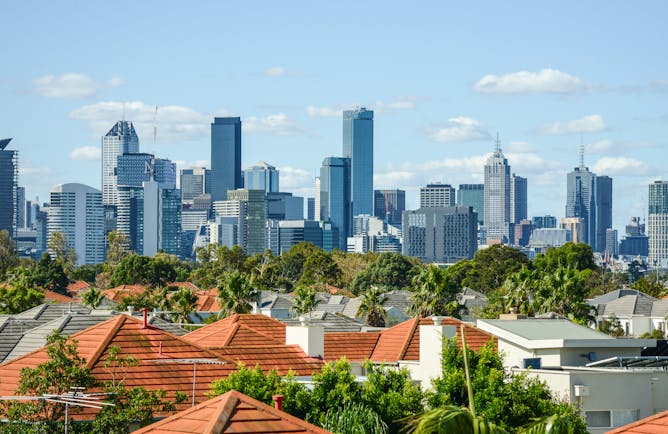
James Graham, University of Sydney
The strategy seems to offer the best of both worlds – live in a place you can’t afford to buy while getting a foot on the property ladder elsewhere. But it’s not a panacea for our housing market woes.
|

Paul Haskell-Dowland, Edith Cowan University
The Australian government will test tools to shield kids from inappropriate material online. Even though there’s no one easy fix, these checks could help.
|
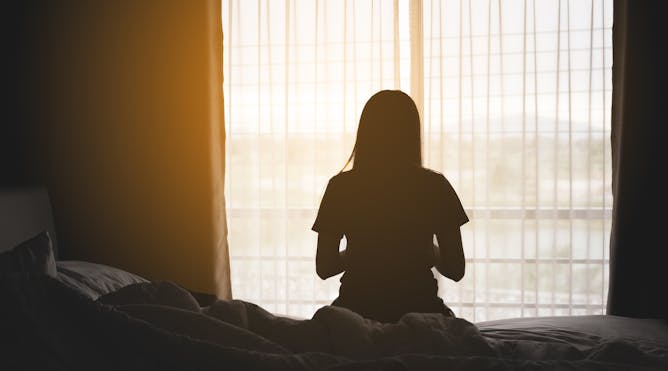
Kate Fitz-Gibbon, Monash University; Ellen Reeves, University of Liverpool; Sandra Walklate, University of Liverpool
A domestic violence disclosure scheme is a resource people can check to find out if a particular person has a documented history of domestic violence.
|
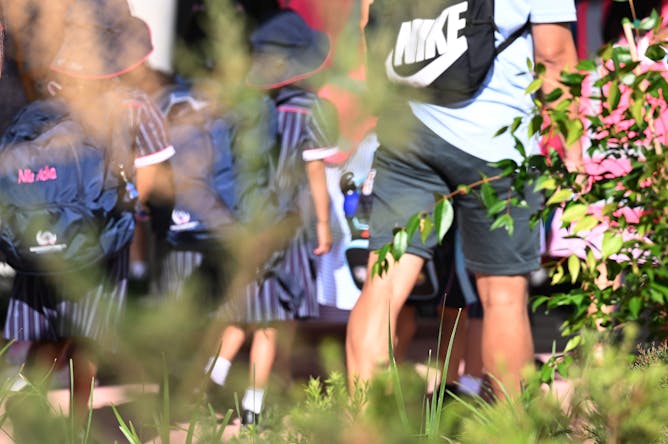
Giselle Natassia Woodley, Edith Cowan University; Sarah Vrankovich, RMIT University; Sharyn Burns, Curtin University
There are big gaps in the way schools approach gender, sexuality and respect. Teaching all students to be ‘porn literate’ is one way we can help make them safer.
|
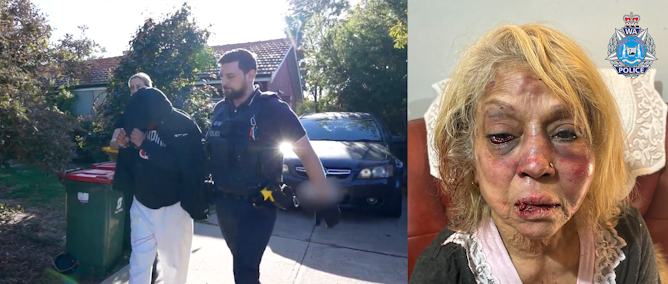
Michelle Grattan, University of Canberra
A significant number of the former detainees have run foul of the law since their release. After the matter was reported, the ministers did a single interview each as they tried to dodge the spotlight.
|
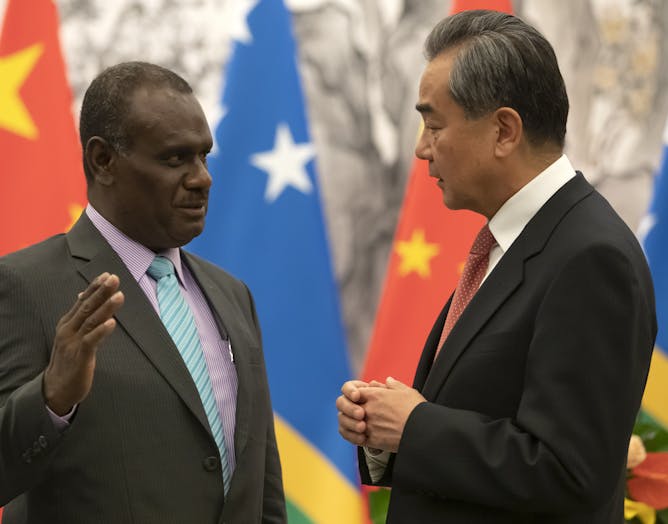
Priestley Habru, University of Adelaide; Claudina Habru, University of Adelaide
Most residents would rather their leaders focus on improving living standards in the country.
|
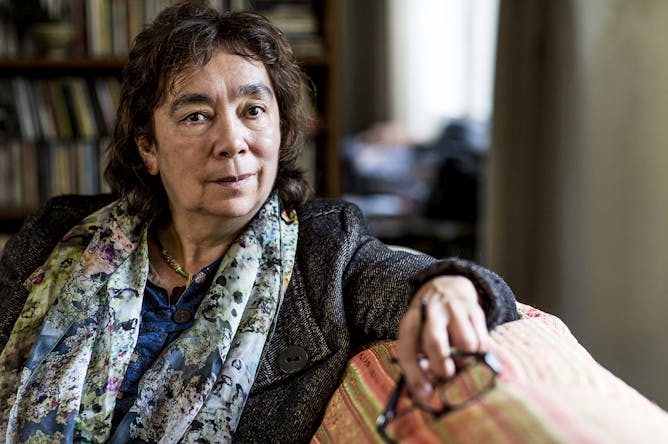
Julieanne Lamond, Australian National University
Is Alexis Wright’s Praiseworthy the great Australian novel? Beejay Silcox, chair of the Stella Prize judging panel that selected it as this year’s winner, thinks it might be.
|
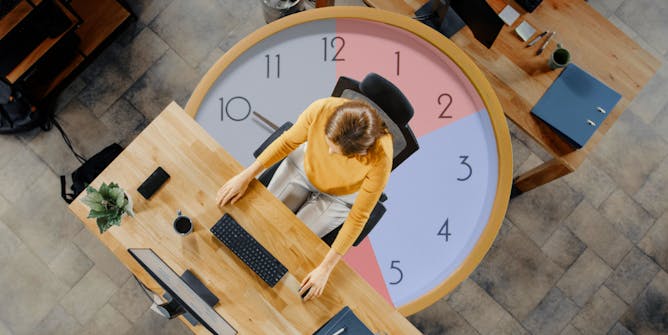
Christian Brakenridge, Baker Heart and Diabetes Institute
A new study has calculated how long you should be sleeping, standing and moving each day for optimal health. And you might be doing more physical activity than you thought.
|
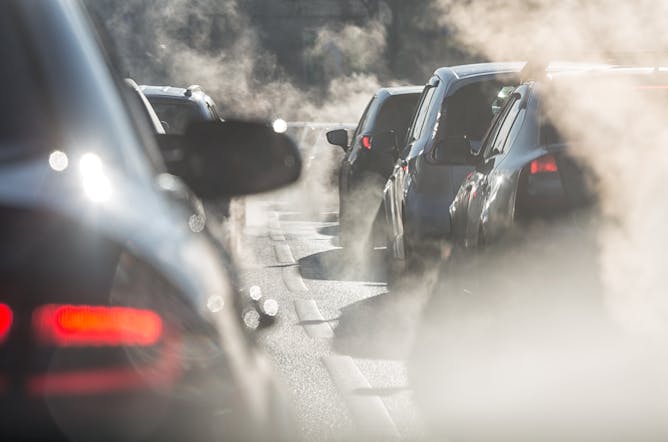
John Rose, University of Sydney; Andrea Pelligrini, University of Sydney
How long will it take for electric vehicles to cut emissions and improve air in our cities? Longer than we think – because petrol and diesel make up almost all of the fleet.
|
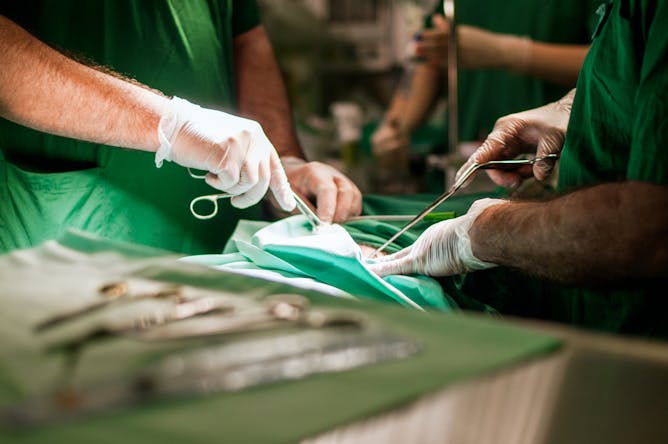
Henry Cutler, Macquarie University
This is a structural problem, not something one budget can fix.
|

Ben Beaglehole, University of Otago
New research shows the massive gap between those with ADHD and the number of people who are prescribed the medicine that can help.
|

Konstantine Panegyres, The University of Melbourne
It started with the ancient Greek word for crab. Here’s what happened after that.
|
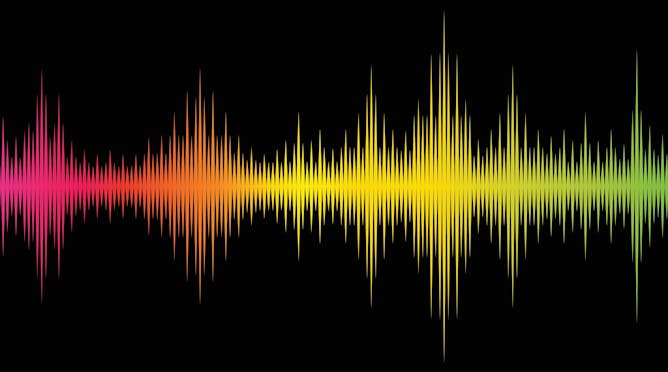
Oliver Bown, UNSW Sydney
‘Uncanny’ AI music generators blur the line between creators and consumers. Will they turn music from high art to an everyday language? Listen to these AI-generated tracks and judge for yourself.
|
Politics + Society
|
-
Michael Flood, Queensland University of Technology
The young men we surveyed mostly rejected traditional models of masculinity based on aggression, stoicism and homophobia, but a sizeable minority still support them.
-
Cassy Dittman, CQUniversity Australia; Michael John O'Keeffe, The University of Queensland; Steven Rynne, The University of Queensland
A lack of support from parents is a major reason why some junior coaches quit. So, what can coaches do to build better relationships with parents?
|
|
Health + Medicine
|
-
Karleen Gribble, Western Sydney University; Nina Jane Chad, University of Sydney
If you feel burping is helpful to your baby, then keep doing what you’re doing. If trying to burp your baby after every feed is stressing you or your baby out, then you don’t have to keep doing it.
|
|
Science + Technology
|
-
Shaun Eaves, Te Herenga Waka — Victoria University of Wellington; Jamey Stutz, The Ohio State University; Kevin Norton, Te Herenga Waka — Victoria University of Wellington; Pedro Doll, University of Canterbury
When landslides or glaciers bring rocks to the surface, cosmic rays bombard them, smashing common atoms into rarer forms and acting as a chronometer of the changing Earth.
|
|
Arts + Culture
|
-
Sukhmani Khorana, UNSW Sydney
Season two gives us a multifaceted, everyday reality. In exploring banal multiculturalism, the show gets closer to showing us everyday Australia.
|
|
Books + Ideas
|
-
Barbara Caine, University of Sydney
In 1970, Sexual Politics explained why sexual relationships – and indeed sex itself – are political. ‘The world was sleeping,’ wrote Andrea Dworkin of this book. ‘And Kate Millett woke it up.’
|
|
| |
|
|
|
The Conversation AU
Melbourne VIC, Australia
•
Full Time
|

|
|
The Conversation AU
Melbourne VIC, Australia
•
Full Time
|

|
|
|
|
| |
| |
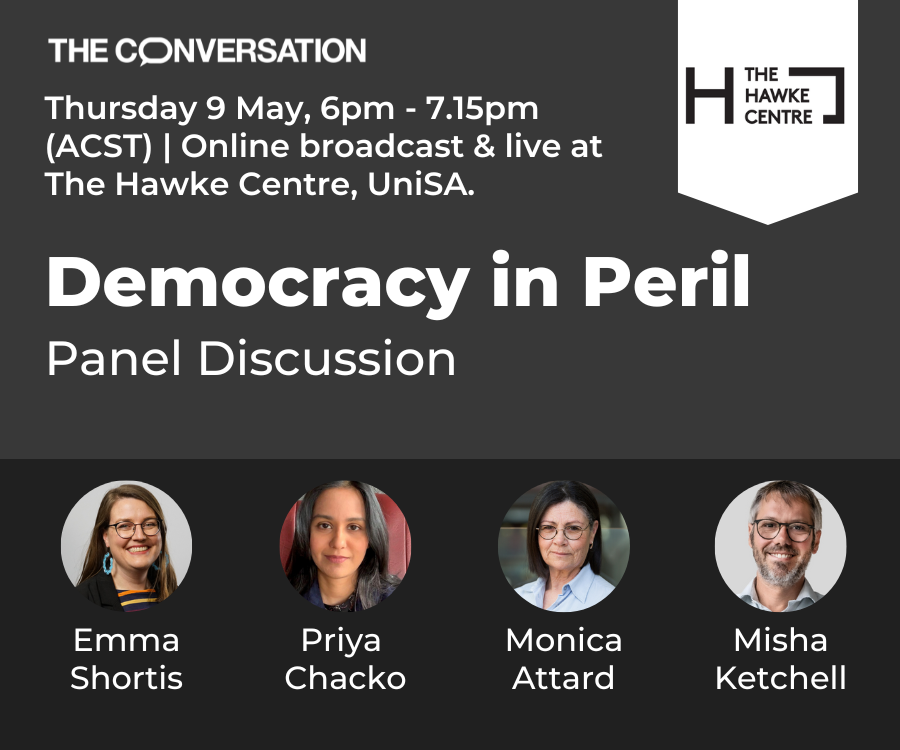
|
| |
| |
| |
Featured Events, Courses & Podcasts
|
View all
|
|
|
|
| |
| |
| |
| |
| |
|
|